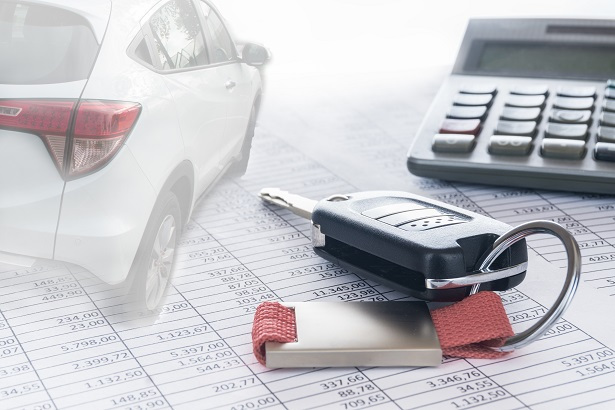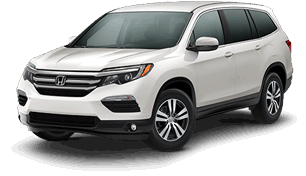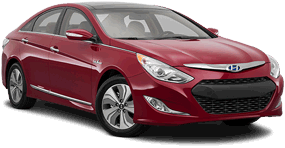Leasing a vehicle instead of buying new can be a smart move to score affordable monthly payments. This is because you're only paying for the depreciation of the vehicle during the time it's in your possession instead of the full value. For example, say you lease a vehicle that is $20,000 when new and the residual value after the lease is up is $13,000. You're essentially taking out a loan for the difference of $7,000. If your bad credit score has been a roadblock for buying a car in the past, can leasing be a way around it? We'll share what you can expect from a car lease, the additional leasing costs to be aware of and some alternatives that can help you get the vehicle you need.
What to Expect

Despite the lower monthly payments of leasing a vehicle compared to buying, a required credit check by the leasing company can still prove to be an obstacle. According to Experian, auto leasing companies typically look for a "good" credit score of 700 or higher for car lease approval. Similarly to getting a car loan, leasing a vehicle with bad credit will come with some drawbacks. A money factor or lease factor determines the interest rate for the car lease. Car lease customers without a good or excellent credit score will end up paying more in interest over the lease terms (if they are able to get approved).
The equivalent of a down payment for a car purchase is called "cash due at signing" or "capitalization reduction" for a lease. Someone with bad credit will need to pay a higher capitalization reduction in order to get approved. Another consideration is the specific vehicle you're looking at leasing. You may not be able to lease the exact vehicle you want and it works to your advantage to be flexible about the type of vehicle you choose.
Costs of Leasing a Vehicle

If you're successful in getting approved for a car lease, be aware that on top of monthly lease payments and interest, there are additional fees you will be responsible for. The following are important costs to consider before committing to a lease. Some are optional, some are negotiable, and others are mandatory.
- Acquisition Fee: This is the fee charged by the leasing company to initiate the lease. It is sometimes called the bank fee, lease inception fee or the administrative charge. Regardless of what you want to call it, this fee is substantial. It will be anywhere from a few hundred dollars up to $1,000 depending on the vehicle's make and model. It is either paid upfront or added into the monthly payments which will come with additional interest. This fee is usually non-negotiable.
- Security Deposit: Some lease contracts will require a security deposit at the beginning of the lease which is usually the equivalent of one month's lease payment. As long as you return the vehicle in good condition without overage miles, you'll get your deposit back when you turn in the vehicle at the end of the lease.
- Capitalization Reduction: This down payment equivalent for a lease is optional but recommended since it will reduce the starting price of the car from which monthly payments are determined. Customers with bad credit are advised to save up for a substantial down payment.
- Gap Insurance: Gap insurance is required by most leasing companies. It offers protection if you total the vehicle to make up the difference between what you still owe and the market value. While the leasing company may offer gap insurance, it will usually be cheaper to go through your car insurance company.
Alternatives to a New Car Lease

If you've had no luck getting approved for a car lease or decided it's not the right path for you, there are other alternatives you can explore. Consider buying an affordable used vehicle, taking over a lease or working with specialized lenders to finally get the vehicle you need at the right price.
- Buy Used: The used car market is ripe with many affordable options to meet your needs. You may have to go back a few model years to find the best deals, but a low price tag and a down payment will greatly improve your odds of getting a car loan. Better yet, save up and buy a low priced vehicle in cash so you don't have to concern yourself with interest at all.
- Take Over a Lease: A lease transfer allows you to take over a car lease from another party. You'll get the benefit of lower monthly payments because the original lessee has already reduced the total amortization amount. You'll also take over the exact terms of the lease from the previous party including the agreed upon interest rates.
- Work With Specialized Lenders: Applying for car loan pre-approval with lenders that specialize in bad credit auto financing can be your best solution to getting the vehicle you need. Just be aware that your interest rates will be higher than for someone applying with good credit. Pre-approval does not ding your credit, so it pays to shop around for the lowest possible interest rate offer.


